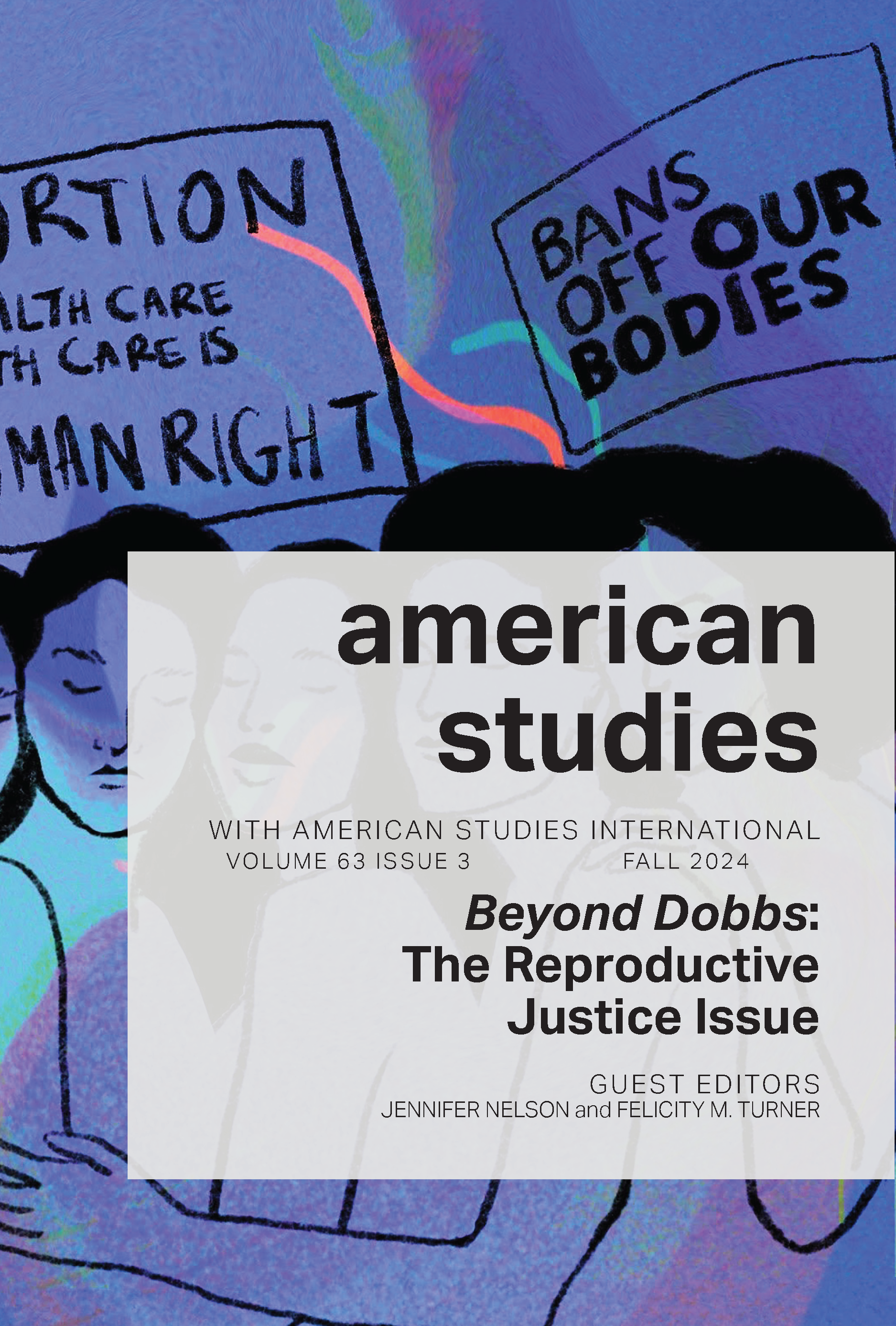Abstract
On May 2, 2022, Politico broke the news of a leaked Supreme Court opinion, drafted by Justice Samuel Alito, in Dobbs v. Jackson Women’s Health Organization. Although only a draft ruling, the opinion—which effectively overturned a person’s right to a federal guarantee to access an abortion as established in Roe v. Wade in 1973—immediately polarized the American people. Anti-abortion protestors hailed the draft ruling as a portent of a long-awaited and hard fought for victory. In contrast, supporters of choice lamented the fact that Roe had not even made it fifty years before buckling in the face of persistent and ongoing challenges from those opposed to access to abortion.
The final Dobbs ruling, handed down on June 24, 2022, rewrote historical narratives of reproductive justice in the United States. As historians, we are keenly aware of how the Supreme Court used, misused, and abused history to support the majority ruling in Dobbs. In these introductory remarks, we seek to displace the historical metanarrative of abortion that the Supreme Court majority articulated in Dobbs. In contrast, we emphasize—as do many of the contributors to this special issue—the complexity of the history of abortion and reproductive justice in the United States. We then shift to the present, and beyond that to the future, looking beyond Dobbs and to the alternative futures that many of our contributors to this special issue emphasize.
All items © Mid-America American Studies Association
Authors: If you prefer to remove your text(s) from this database please contact the editor.

